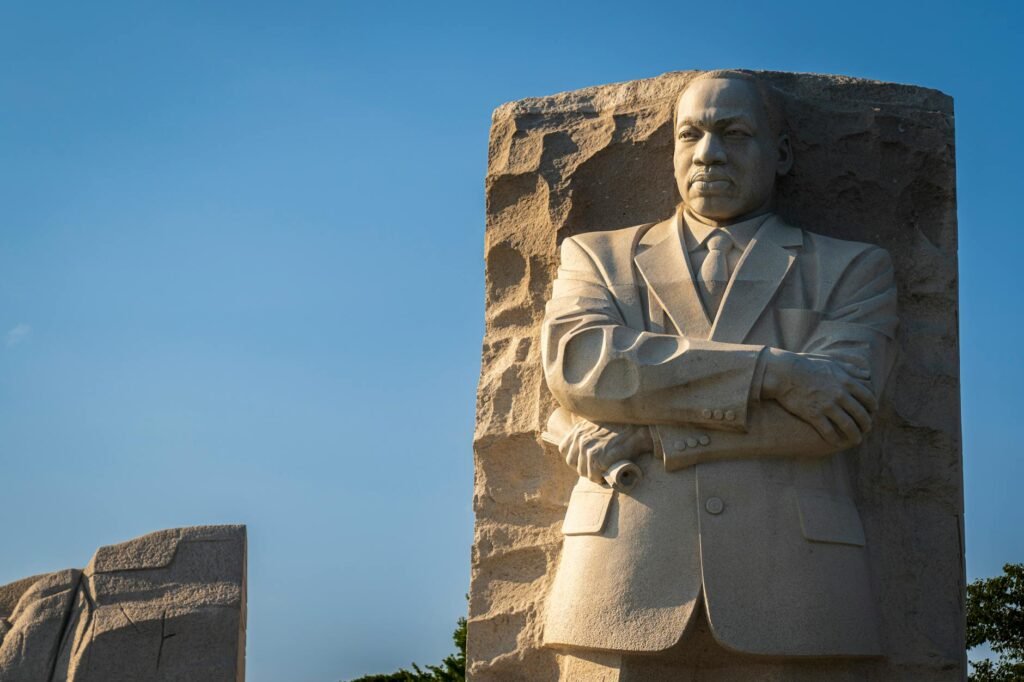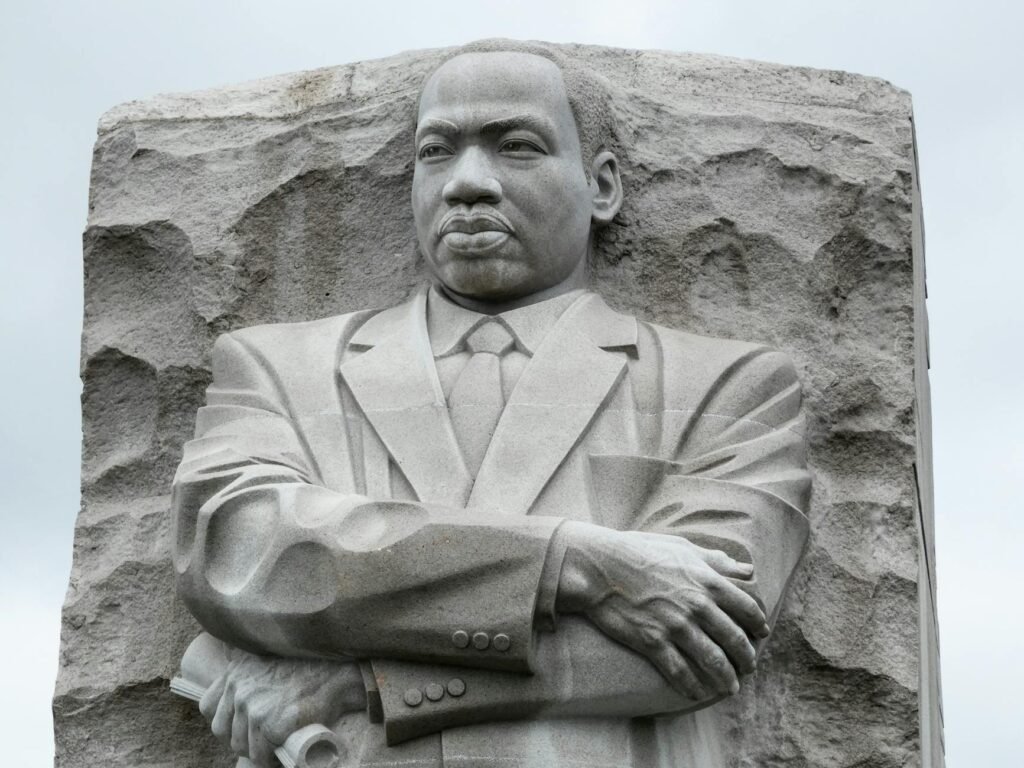Throughout history, countless kings have risen and fallen, leaving behind legacies that continue to shape our world. From benevolent rulers to tyrannical despots, their reigns have left an indelible mark on society, culture, and politics. This exploration delves into the lives and lasting impacts of several famous kings.
The Lionhearted King: Richard I of England
Richard I, better known as Richard the Lionheart, remains one of England’s most iconic monarchs. While his reign was relatively short, his participation in the Third Crusade cemented his place in history.  His military prowess and chivalric ideals, though often overshadowed by his less-than-ideal governance at home, continue to fascinate. His legacy is one of military glory, though a complex one considering his time spent away from his kingdom and his treatment of his own people. Learn more about the Crusades and their impact on Europe.
His military prowess and chivalric ideals, though often overshadowed by his less-than-ideal governance at home, continue to fascinate. His legacy is one of military glory, though a complex one considering his time spent away from his kingdom and his treatment of his own people. Learn more about the Crusades and their impact on Europe.
Alexander the Great: A Legacy of Conquest
Alexander III of Macedon, or Alexander the Great, conquered much of the known world in his short lifetime. His military genius was unparalleled, leading his armies to victory after victory.  However, the true extent of his legacy lies not only in his conquests, but also in the cultural fusion and spread of Hellenistic culture throughout his vast empire. This period of cultural exchange profoundly impacted the arts, philosophy, and science of the ancient world. Read more about Alexander’s conquests here.
However, the true extent of his legacy lies not only in his conquests, but also in the cultural fusion and spread of Hellenistic culture throughout his vast empire. This period of cultural exchange profoundly impacted the arts, philosophy, and science of the ancient world. Read more about Alexander’s conquests here.
Akbar the Great: A Mughal Emperor’s Vision
Akbar, the Mughal emperor, ruled over a vast and diverse empire in 16th-century India. Unlike many rulers of his time, Akbar was known for his religious tolerance and his efforts to promote unity among his diverse subjects. [IMAGE_3_HERE] He implemented significant reforms, including land revenue systems and a more inclusive approach to governance. His reign is often cited as a golden age in Mughal history, a period of artistic flourishing and economic prosperity. His legacy of religious tolerance stands in stark contrast to some of his successors.
King Louis XIV: The Sun King’s Absolute Power
Louis XIV of France, also known as the Sun King, reigned for an unprecedented 72 years. His reign is associated with the peak of French absolutism, where the king held absolute power. [IMAGE_4_HERE] He significantly expanded the French state, patronized the arts, and built the magnificent Palace of Versailles. While his reign brought cultural achievements, it also led to extravagant spending and costly wars. Explore the opulence of Versailles through this link.
Genghis Khan: Unifier and Conqueror
Genghis Khan, founder and first Great Khan of the Mongol Empire, unified disparate nomadic tribes and forged one of history’s largest contiguous land empires. [IMAGE_5_HERE] His military strategies and organizational skills were groundbreaking, and the empire he built facilitated the exchange of goods and ideas across Eurasia. His legacy, however, is complex and includes both brutality and significant cultural impact. Discover the impact of the Mongol Empire on trade and technology.
From military strategists to cultural patrons, these kings, each in their own way, shaped the course of history. Their decisions, actions, and policies continue to resonate today, reminding us of the enduring power of leadership and the lasting impact of those who hold the reins of power. Explore further the lives of other notable kings.
Frequently Asked Questions
What makes a king’s legacy lasting? A king’s legacy is determined by their long-term impact on their people, culture, and the world. This impact can be political, social, economic, or cultural, and often involves a combination of factors.
Were all these kings benevolent rulers? No, not all of these kings were benevolent. Some, like Louis XIV, wielded immense power and governed with an iron fist. Others, like Genghis Khan, engaged in brutal warfare. Understanding their full legacy requires considering both positive and negative aspects.
How do we study the legacy of past kings? We study the legacies of past kings through various sources like historical records, archaeological findings, literature, art, and architecture from their period.
Why is it important to study kings and their legacies? Studying kings and their legacies provides invaluable insights into the past, helping us understand how societies were structured, how power was exercised, and how cultures evolved. It also allows us to learn from both successes and failures.
How can we ensure a balanced perspective when studying these figures? By utilizing diverse sources and critical thinking, ensuring not to rely only on biased accounts of the king’s reign, we can achieve a more accurate interpretation of the impact of their rule.